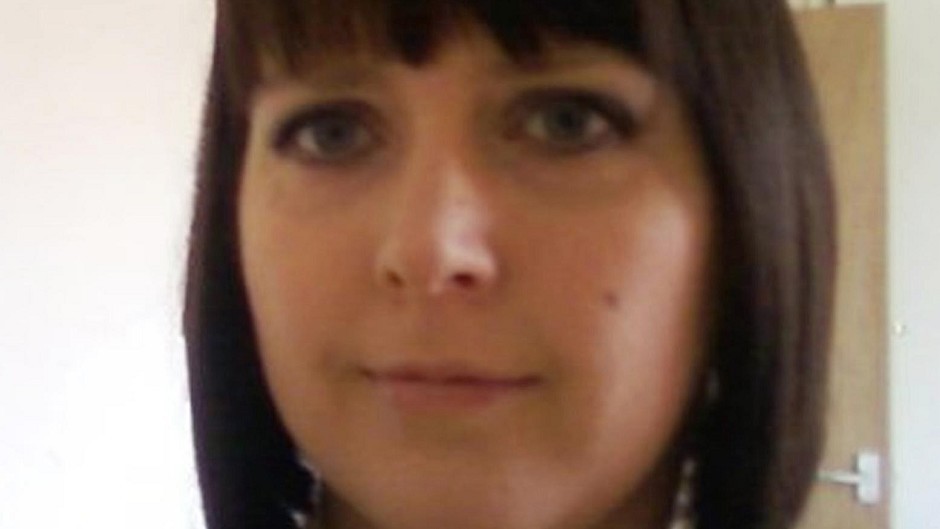A top police officer has said Clare’s Law will not be a “free for all” in accessing personal information about others.
As well as concerned partners, neighbours and some professionals – such as social workers – will be able to apply for information on an individual’s violent past.
Detective Superintendent Mark Cooper said that careful consideration by a number of people will be given to each application.
He said information would only be released if a person was thought to be at risk of harm.
Only information on relevant convictions will be released, he added.
Mr Cooper said: “What we have to establish is whether that person is a risk to the individual. It is not a free for all.
“What we have to do is look at these crimes and conviction to discuss whether or not a disclosure is relevant in these circumstances.”
Only convictions relating to violence against a partner will be disclosed under Clare’s Law.
If a man had been violent towards another man, his female partner will unlikely be informed under the scheme.
Mr Cooper said: “Someone might be the best partner and the best father in the world but he has a predisposition to be involved in football violence at the weekend.
“There might be nothing in that profile that suggest he is violent to women.
“Thousands of applications have been made under the disclosure scheme in England and Wales and that has allowed professionals to gauge and assess safety of an individual, and allow them to make an informed decision about their safety.”
Year-long pilot schemes in four police force areas in England resulted in 423 applications to police and 126 disclosures that the person in question had a history of domestic abuse.
Alana Nabusi, chairwoman of the Aberdeen Violence Against Women Partnership, said: “I expect only a very small percentage of people will have information released about them.
“Everyone has a right to privacy but if this person is a risk and if you are likely to commit domestic violence, you almost forfeit that right to privacy.”
